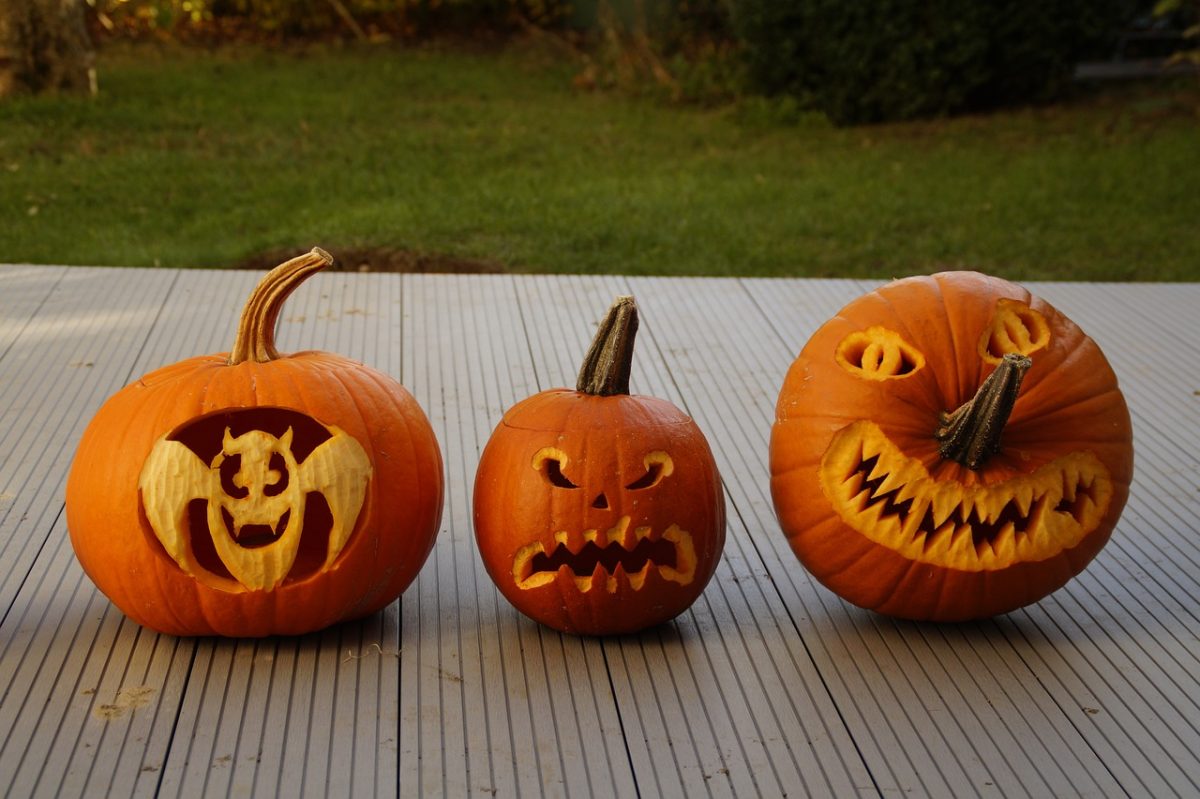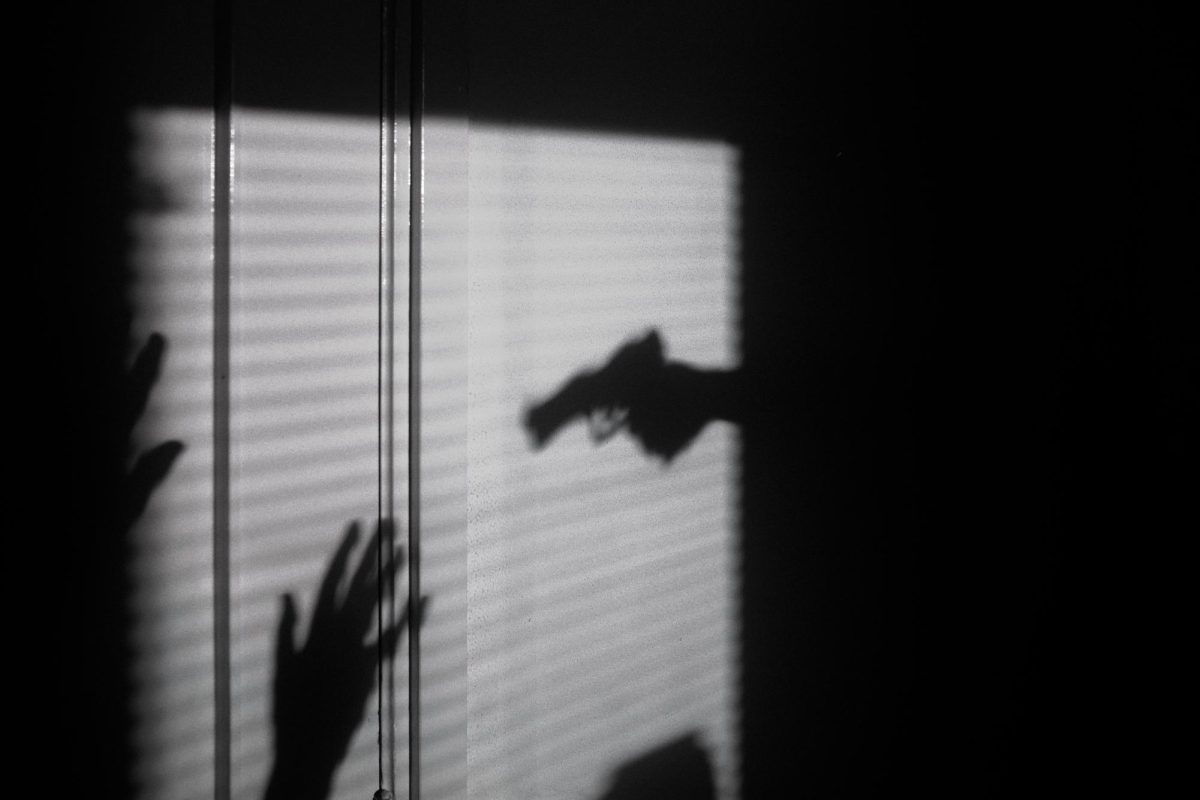As the spooky season nears, mentions of superstition slowly creep into our lives. Superstitions are omens, objects and actions that are said to either bring bad or good luck. For example, you may have knocked on wood or crossed your fingers for good luck. You also may believe that breaking a mirror or seeing a black cat brings bad luck. Superstitions exist all around the world, but have you ever questioned why they exist and what their origins are? Let’s explore the possible origins of 7 popular superstitions around the globe!
Black Cats
Black cats are beautiful animals that move with grace and mystery but are also symbols of bad luck. This superstition originates from ancient Greece where it is believed that a woman named Galinthias interfered with Hercules’ birth, provoking Hera to punish her by turning her into a black cat. After this, Galinthias chose to serve Hecate, the Goddess of witchcraft, which sparked the connection between bad luck and black cats. Therefore, black cats were said to have powers to communicate with the devil while some believed that witches could turn into black cats.
Crossing Fingers
Today, many cross their fingers for good luck, however it is said to have once been a hand gesture that was used to symbolize a cross during the early days of Christianity. By crossing one’s fingers, it forms a shape similar to that of a cross. Christians used this to identify other Christians when they were being persecuted, which then naturally evolved to represent God, protection and good luck.
Broken Mirrors
Many believe that breaking a mirror will bring one 7 years of bad luck. This originates from a time when mirrors were very rare and precious objects that were said to reflect not only one’s appearance but also one’s soul. Thus, when breaking the reflection of one’s soul or breaking a mirror, it was a symbol of the downfall of one’s health. So, since ancient Romans believed that the soul was regenerated every 7 years, this meant that the soul’s well-being would be broken until it is regenerated within the next 7 years.
Knocking on Wood
Various cultures knock on wood for good luck or to avoid jinxing oneself. While knocking on wood in itself is a rather weird thing, many believe that it originates from a time where people believed in tree spirits. In such a time, knocking on wood was the equivalent of giving thanks to the Gods. This then evolved into our modern superstition that urges many to knock on wood for good luck.
Opening an Umbrella Indoors
In many Asian countries, opening an umbrella indoors is bad luck and could cause the death of someone under the same roof. Some say this superstition originated from ancient Egypt, where it would upset and insult the sun God, Ra, if an umbrella were to cover one from the sun. Others say that this superstition stems from the fact that it is merely impractical to open umbrellas indoors. Opening an umbrella indoors is considered unlucky, as the only reason to do so would be if it were raining indoors. In the case where it is raining indoors, one’s luck is already tainted, so this gave rise to this superstition.
Wishbone breaking
Wishbone breaking is when two people hold either side of a wishbone and break it. The person who ends up holding the larger half of the wishbone is believed to be granted a wish or good luck, while the person with the smaller half is granted the opposite. This tradition is said to have begun in ancient Italy, where Etruscans believed that birds were divine creatures with magical power. The bones, especially the wishbone or furcula, of birds were therefore connected to the bird’s divine blessings and power. This belief was then adapted by the ancient Romans who, due to the shortage of chickens, would split the wishbone to grant more people good luck. Today, this tradition has evolved to be most famously upheld in America’s Thanksgiving.
Whistling at Night
There is a saying that “whistling at night can bring about snakes” or bad luck. Since snakes are in reality not attracted to whistling, some say that this is merely a saying that elders use to spook children in order to have a quiet night’s sleep. Others claim that the word “snake” is a nickname for thieves. A long time ago, thieves used whistles as a means of communication during the dark nighttime. Thus, when one whistles at night, it heightened the chance of having an uninvited visitor. This then evolved to symbolize bad luck.












